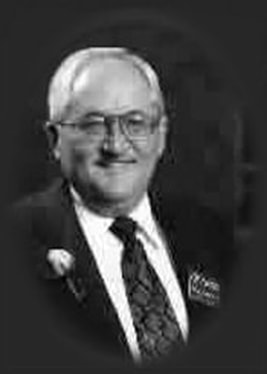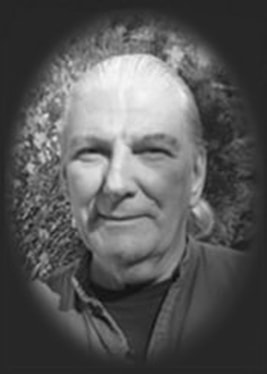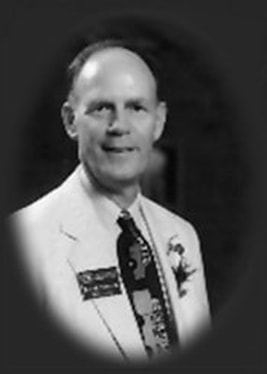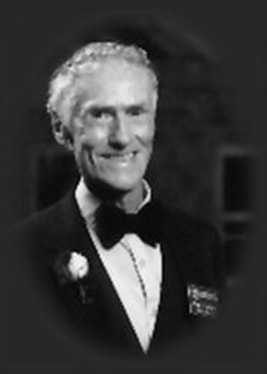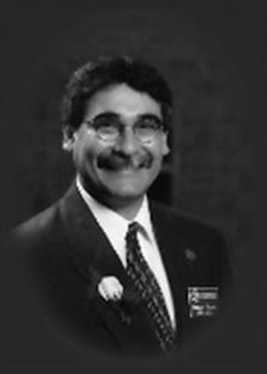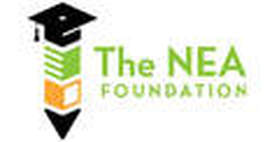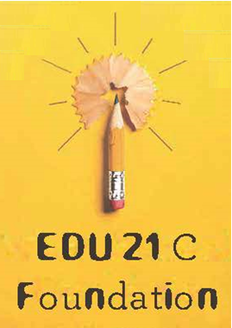george beyerbigfork, mt | YEARS TAUGHT: 1958 - 1996In 1978, George introduced one of the first psychology classes for high school students in the U.S. He jumps, moves, crawls, lies on the floor, barks, raps, sings, screams, runs around the room — whatever the lesson calls for, whatever will help his students learn. Sensing his concern, students confide both the tragedies and the successes of their lives. He has taken students to their first Alcoholics Anonymous meeting, abused students to welfare and given financial help in a crisis. When special education enrollments tripled at the school with no increase in staffing, Beyer encouraged students to become volunteer aides by giving extra credit. The students continued their relationships with the special education students because of the satisfaction they received from the experience.
ADDITIONAL RECOGNITION:
|
gerard brookernew fairfield, ct | YEARS TAUGHT: 1958 - PresentGerard founded the Young Playwrights Festival of Connecticut and has used it as a vehicle to improve racial and cultural understanding. His students adopted Reseda High School as its sister school following the 1994 California earthquake and created scholarship funds for the victims both of Hurricane Andrew and the Oklahoma City bombing. Paul Newman, actor, said “I have known for a long time about his work as a teacher with children in our community and in the world, and through Newman’s Own, have helped finance several of his international initiatives designed to provide forums for children to understand each others’ cultures.”
ADDITIONAL RECOGNITION:
|
ross burkhardtwading river, NY | Years Taught: 1962 - 1997Ross helped found the Shoreham-Wading River Middle School, a national model of middle level excellence. “Mr. B’s” classroom is a cacophony of visual stimuli — movie posters, laminated front pages, magazine covers, sports heroes, music groups, quotation, and faces of the famous and not-so-famous. All decorated by the outgoing eighth grade for the next class to come. Couches and easy chairs, plus a fridge, microwave, CD player and radio add creature comforts. Students “strike the set” at the close of the year to help them understand their middle school career was all but over. His teams begin the year with a three-day field trip to the Poconos for canoeing, orienteering, square dancing, hiking, and bonding. In June the team visits Boston for three days of celebration and closure.
ADDITIONAL RECOGNITION:
|
dale faughnprinceton, ky | Years Taught: 1949 - 1997Dale has directed science fairs, literary fairs, and world culture days, and was instrumental in organizing the Western Kentucky Academic Association. He has served as debate coach, advisor to the school newspaper that won a second place national award, and coached the school’s academic team to a runner-up position in state television competition. He recently established a $15,000 trust fund to award scholarships to graduating seniors who plan to become teachers. As Poet Laureate of the State of Kentucky, he uses his original poetry as a teaching aid. With seven volumes already published, he has begun work on his next volume, which he hopes to focus exclusively on teaching.
ADDITIONAL RECOGNITION:
|
hector ibarrawest branch, ia | Years Taught: 1976 - presentHector was born in the one-room schoolhouse in Mexico in which his mother taught. Operation Appreciation is a community service projects, in which students learn the germination requirements of bulbs as they force tulip, hyacinths, and narcissus into flowering out of season and then surprise citizens in nursing homes and business personnel with the bouquets. His science programs have received a national award in each of the last four years. He has allowed over 100 schools and over 5,000 students to be involved in a project to design, build, and race miniature solar cars. Light bulbs and water faucets become experimental equipment and living textbooks. He has developed software that enables his students to measure the energy and water consumption of these devices, and to estimate energy, monetary and pollution savings as a result of substituting more efficient methods. This award-winning project requires parents to be actively involved in helping their children with measurements, calculations, and verifications of the results.
ADDITIONAL RECOGNITION:
|
Our Partners |
Contact UsLocal: 620-341-5660
Mailing Address: 1 Kellogg Cir, CB 4017 Emporia, KS 66801 |

